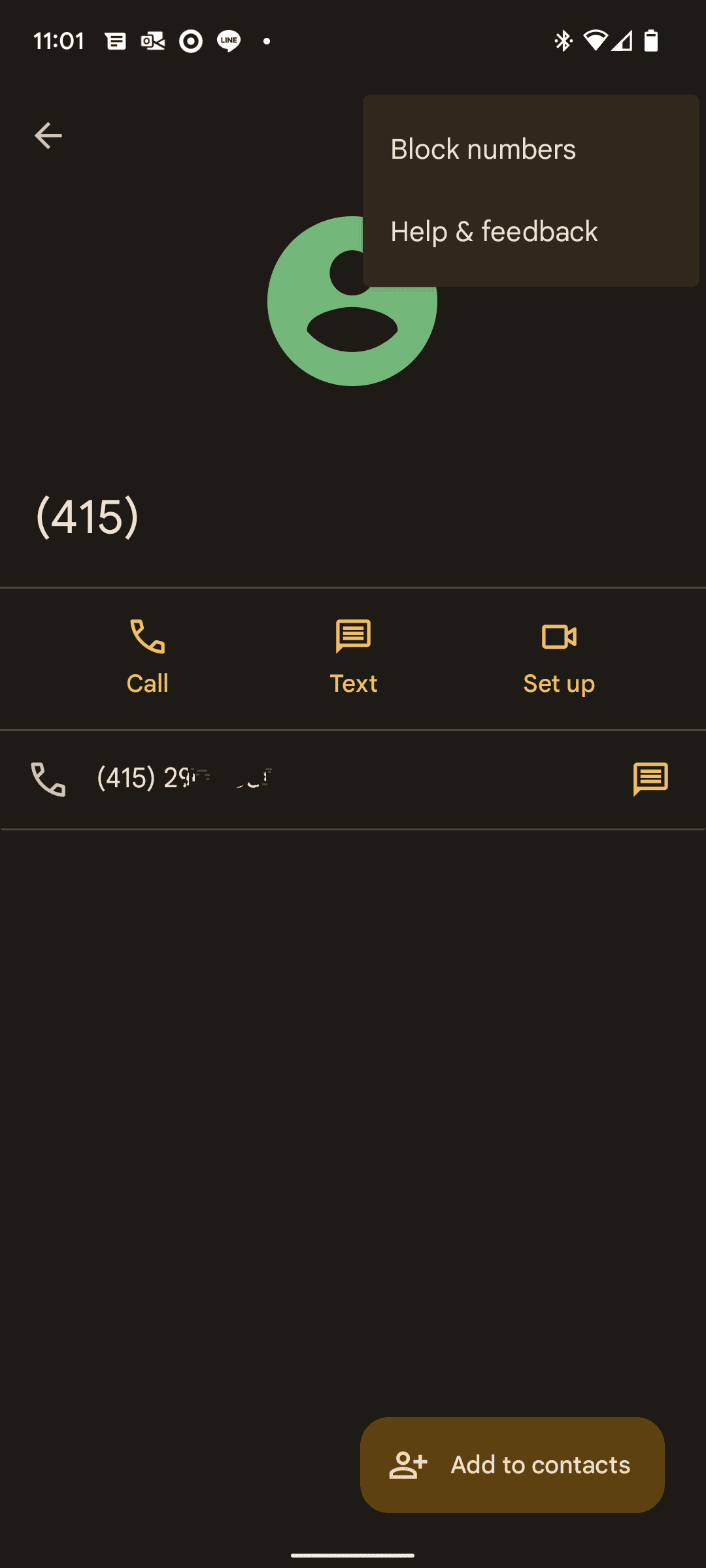Conversational intelligence: what it is and how to improve it
.jpg)
Your Call Data in One Place
AI call notes, real-time coaching, conversation intelligence, CRM integration, and more...
You leave a meeting happy with how things went, but a few days later, you realize that it didn't really go as well as imagined.
You realize that there is a significant gap between your feelings and those of your meeting partner.
What is called conversational intelligence helps you understand this particular situation. You weren’t aware of doubt or mistrust signs in the conversation and thus couldn’t ensure a positive discussion.
That’s okay. Nobody is born with perfect verbal understanding skills, and very few professionals are trained in them.
As an expert in conversational skills, we tell you everything to help you and your team get more value out of your meetings.
Conversational intelligence: a definition
Conversational intelligence is a concept coined by Judith E. Glaser in her same-titled book.
The researcher in organizational anthropology relied on neuroscience to analyze business behavior. She discovered that our conversations at work engage deep emotional mechanisms.
When you meet new persons, your conversation partners can have two instinctive responses: either they trust you, or they are unsure of you and question your approach.
In one case, they gradually open up to you and take an active part in the conversation. You enter together in a positive loop of idea-sharing and mutual understanding.
In the other case, they close themselves to you and set up defense mechanisms. The conversation becomes one-sided.
There are 3 types of conversation according to the level of trust :
- Transactional: because of a low trust level, you keep your conversation formal. You ask questions to your conversation partners, and they answer without ever being able to break the ice. The conversation does not go beyond mere information sharing.
- Positional: the trust between you and your conversation partners is still at play. You try to influence them while they remain suspicious. You put forward your ideas and try to understand their point of view. Your counterparts are waiting for positive evidence -of honesty and respect- to discuss and share their state of mind. The conversation is driven by a negotiation process.
- Transformational: Trust is established and you and the other person are mutually involved in the discussion. You see each other as equals, and everyone feels comfortable enough to share their needs and ideas. You build on each other's ideas, and the influence is mutual. The conversation helps generate new solutions and innovations.
Obviously, you want to reach the last level of conversation to create value in your meetings with your team, partners, or customers.
Why is conversational intelligence important in business?
As you might have guessed, conversational intelligence is a very useful skill in business.
By training yourself in conversational intelligence, you can engage the other person in the discussion, instead of forcing them into your flow of ideas. You improve the quality of your professional relationships and your ability to innovate. This is a key ability in many departments:
- Sales: convincing customers by showing them that you are on their side.
- Management: engaging your employees and your team in the success of a project instead of micromanaging them.
- Partnership: finding innovative ways to grow your business with potential partners.
- Executive: creating a positive relationship with your superiors by showing them that everyone can count on each other to meet goals.
You can gain a lot by working on your conversational intelligence. Here's how.
How to increase your conversational intelligence?
When it comes to maintaining a meaningful conversation, everyone has their flaws. Either we talk too much, we don't talk enough, we don't listen, or we don't ask the right questions....
Fortunately, it's usually just a matter of being aware of our own strengths and weaknesses to better connect with the other person. Here are 4 tips to increase your conversation awareness:
#1 Including your audience in the discussion
A conversation is an agreement between several people to exchange ideas and move a topic forward.
If you have invited participants, and you don't engage each of them, they will feel cheated and take little part in the discussion. It is up to you to address each of them and ask for their opinion on the topic in question.
Some participants don’t spontaneously put themselves forward. So if you don't engage them, they will never contribute to the conversation.
This is obviously harder in large discussion groups. That's why it's important to have one-on-one or small group meetings to make sure you have everyone's support and ideas.
#2 Listening instead of talking
Salespeople know that the more a customer shares their problems, the more they feel they are being listened to, and the more they trust you. This is true for any other type of interaction. At any moment, you want to show your customer that you are fully focused on their words.
To do this, you might prepare well-crafted questions or elaborate on your interviewers’ words. You might rephrase your interviewer's answer each time to make sure you understand it. You might also want to probe into specific topics that seem emotionally important to them.
This will let them know that you are all ears to their problems.
#3 Avoiding offensive behavior
There are some behaviors that can instantly trigger defense mechanisms. When you engage in these, it will become significantly harder to regain trust. These behaviors include:
- Giving orders without involving your employees in the decision.
- Criticizing without providing tangible ways to improve the situation.
- Using threats or fear to get a project completed or influence a decision.
It is in your best interest to prevent yourself from such actions.
#4 Being sincere and transparent
Listening and showing goodwill may not be enough to make the conversation constructive.
You also want to demonstrate a genuine interest in the person you are talking to. By taking a personal interest in them, you show them that you're not just there for your own benefit.
You can start by revealing personal things about yourself: your morning routine, your opinion on the subject, or your own personal doubts. This will signal that you are being honest and not hiding anything.
You can then ask your counterparts questions that focus on their concerns, their personal history, or their opinion on the subject. You can share what you really think is the best solution, putting your own interests aside for a moment.
It's about being transparent and making sure you can speak the truth to each other.
AI-augmented conversational intelligence: an asset
Communicating positively is a subjective and complex matter. Who’s to say that your conversation with your last prospective customer went well?
However, there is a reliable and quantifiable indicator that you can rely on : voice data.
By analyzing the words, intonation, and phrasing of your conversation partners, you can objectively measure their level of satisfaction and appreciation. You can identify difficult moments, behaviors, and areas for improvement, and improve your ability to connect with them. You can also coach your teams to help them get a conversation going.
Data for the art of conversation!
Noota: real-time conversation intelligence
As conversational intelligence experts, we have designed a tool that helps you generate more value from your sales calls and meetings. It helps you close more sales and partnerships through successful conversations. With several key features:
- Automatic transcription and note-taking tools to keep track of your conversations and share reports.
- Real-time sentiment analysis to know your caller's interest level, emotions, and whether you've connected with them.
- A meeting guide to structure your pitch and questions during your meeting.
- Recommendations for optimizing the interaction, handling objections, and choosing the right words at the right time.
Want to upgrade your conversational intelligence? Try Noota for free.
Your Call Data in One Place
AI call notes, real-time coaching, conversation intelligence, CRM integration, and more...
Related articles

Forget note-taking and
try Noota now
FAQ
In the first case, you can directly activate recording as soon as you join a videoconference.
In the second case, you can add a bot to your videoconference, which will record everything.
Noota also enables you to translate your files into over 30 languages.

.svg)
.svg)

.webp)

.png)


.svg)
